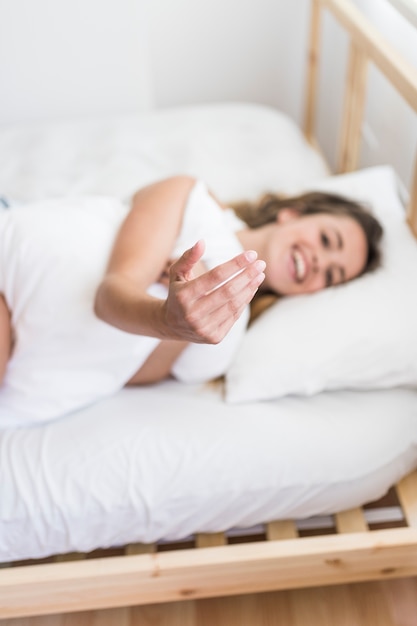
Are you having trouble falling asleep or staying asleep? To feel refreshed and energetic, you need around seven to eight hours of sleep each night. If you’re struggling to get good sleep, consider all the factors that might be affecting it. While you can’t control everything, you can improve your sleep hygiene.
Sleep hygiene involves behaviors that promote good sleep. Studies show that 70 to 80 percent of people with chronic insomnia benefit from non-drug approaches.
One important tip is to go to bed and wake up at the same time every day, including weekends. This routine helps regulate your body clock, making it easier to sleep through the night. Although it might be tempting to sleep in on weekends, doing so can disrupt your biological clock and lead to more sleep problems.
Healthy adults should aim for at least seven hours of sleep each night. It might not seem fun to have a strict schedule, but once your body adapts, you’ll feel much better.
If you can’t fall asleep within 20 minutes, get out of bed and do something relaxing like reading, meditating, writing in a journal, or gentle stretching. Also, avoid going to bed too full or too hungry. It’s best to steer clear of large meals, heavy foods, and anything spicy close to bedtime, as these can cause indigestion or heartburn.
Limit your intake of caffeine and nicotine, especially in the hours leading up to bedtime. Caffeine can remain in your system and keep you awake. Though alcohol might make you feel sleepy initially, it can disrupt your sleep later in the night.
Creating the perfect sleep environment is essential. Keep your bedroom dark, cool, and quiet. Light exposure can make it hard to fall asleep, so consider using room-darkening shades or a sleep mask. Avoid screens from laptops or phones before bed. To reduce noise, place your bed against an inside wall or use earplugs or a fan.
Use your bedroom only for sleep and relaxation. This helps your body associate being in bed with sleep. Make sure you have a comfortable mattress and bedding that suits you.
Regular exercise can significantly improve your sleep, but avoid exercising right before bed. Research from Northwestern University showed that previously sedentary adults saw improvement in their sleep quality after incorporating aerobic exercise at least four times a week for 30 minutes.
How you handle stress also impacts your sleep. While some stress is normal, excessive worry can keep you up at night. Try to resolve concerns before bed by jotting them down and setting them aside for the next day. If stress becomes unmanageable, consult a doctor. There are medications available to help reduce stress.
You can practice stress management techniques like aromatherapy, keeping a gratitude journal, deep breathing, or meditation to calm your mind.
If sleepless nights are common for you, start by monitoring your sleep patterns. Advances in medical technology have made it easy to track your sleep with various apps and devices. These tools can help you identify what’s affecting your sleep and make necessary changes.
Occasionally, everyone has trouble sleeping, but if it’s a frequent issue, it’s best to consult a doctor. Stick to these sleep practices consistently, and soon sleepless nights will be a thing of the past.